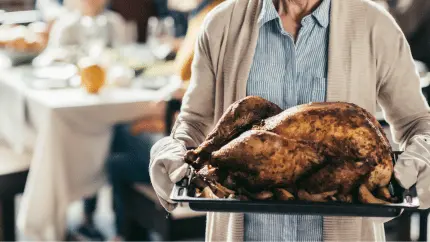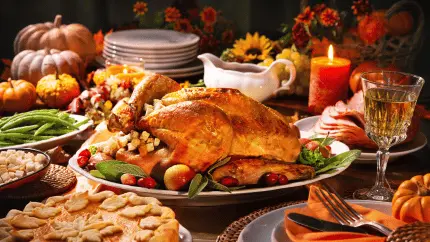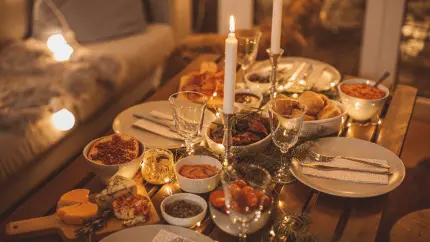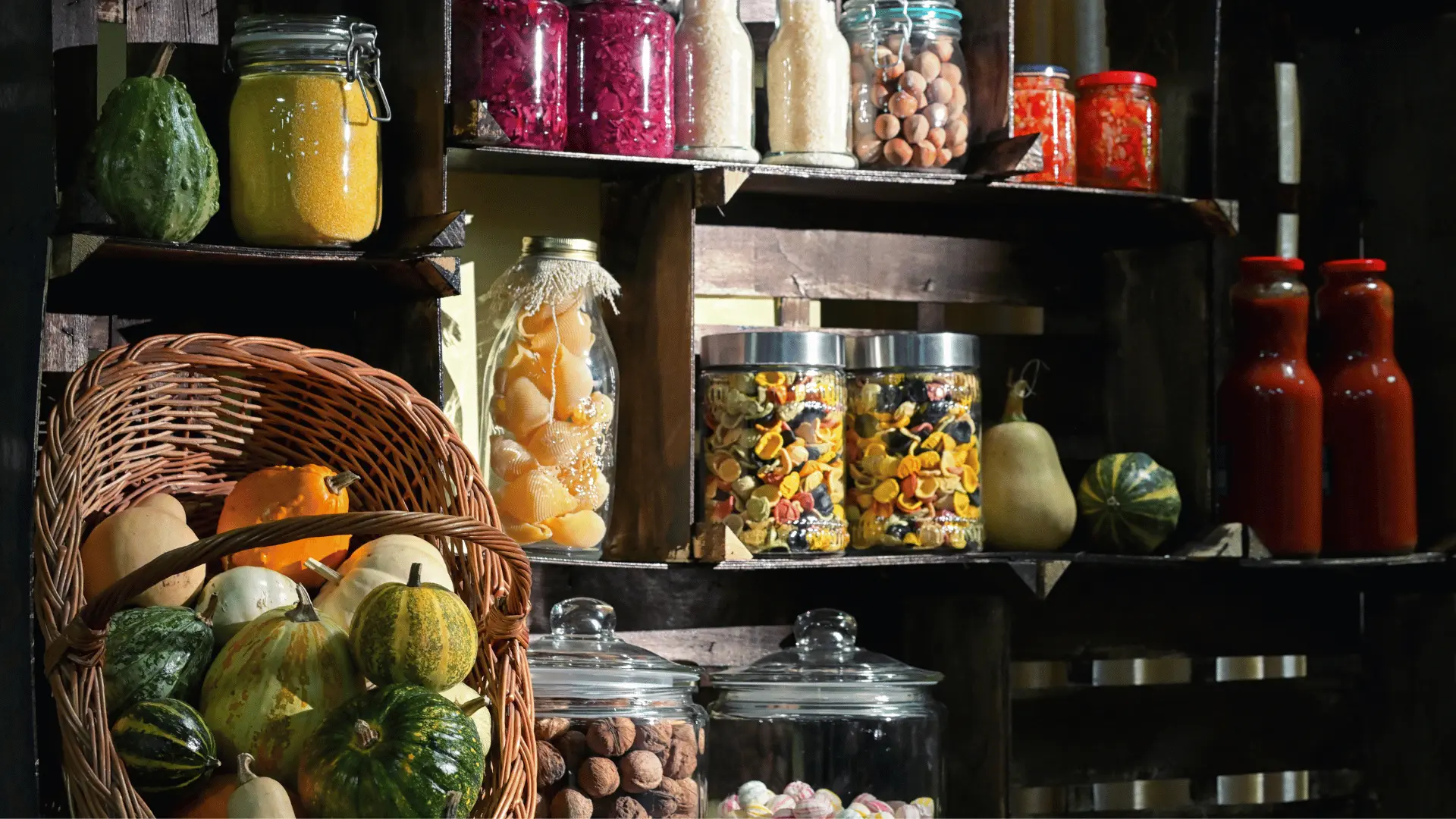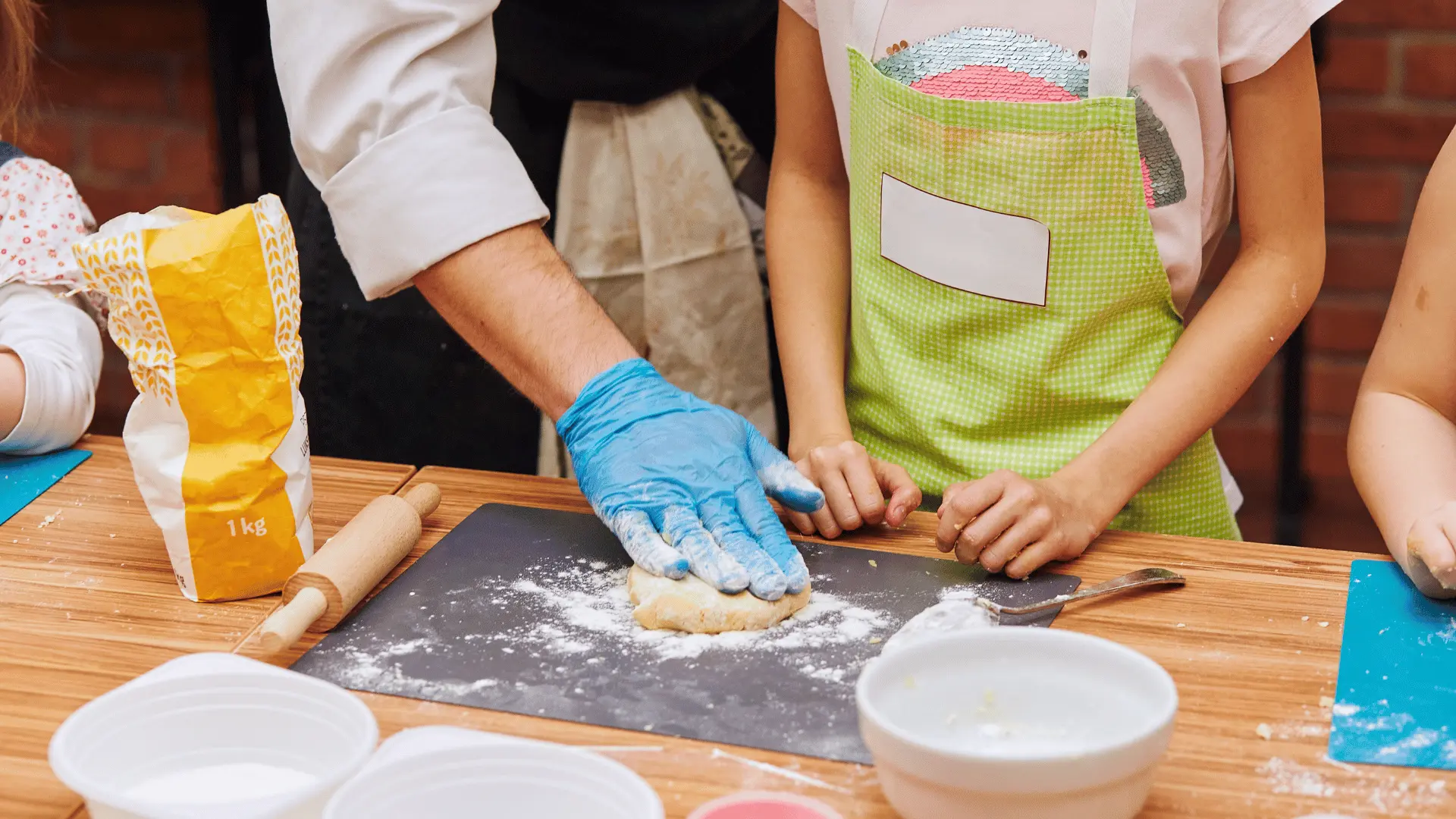
Kitchen Confidence for Kids: 20 Questions Children Can Ask Elders
Every recipe tells a story, and sometimes the best storytellers are right at our own kitchen tables. Teaching children to ask questions about family recipes doesn’t just preserve food traditions—it builds confidence, curiosity, and a sense of belonging. The kitchen becomes more than a place to eat; it becomes a place to listen, learn, and connect.
That’s the inspiration behind our Family Recipe Reporter idea: giving kids the tools and confidence to interview the cooks they love most. Whether it’s a grandmother known for her dumplings, an uncle with the best barbecue sauce, or a parent who makes the perfect pancakes, these interviews spark conversations that bridge generations and turn mealtime into a shared story.
Why Kitchen Conversations Matter
Food is often how families remember each other. The smell of bread baking or the sound of a sizzling skillet can bring back moments that no photo ever could. When children take the lead in asking questions, they don’t just gather ingredients and instructions—they capture memories, wisdom, and humor that might otherwise fade with time.
Inviting kids to become recipe reporters encourages active listening, patience, and pride. It also gives them ownership in the family’s story, showing them that their curiosity has real value. These interviews can later become part of a digital family cookbook in Recipe Memory, complete with photos, notes, and memories that last long after the meal is over.
How to Get Kids Started
Keep it simple and fun. Choose a relaxed setting—a Sunday morning pancake breakfast or a weekend baking session—and hand your little interviewer a notebook or tablet. If you’re using Recipe Memory, create a shared family table and help them record each answer as a “story card” next to the recipe.
Encourage them to listen for details, write down measurements, and capture the little stories in between. The goal isn’t perfection—it’s connection. Every giggle, spill, and “wait, what was that again?” moment becomes part of the memory.
20 Kid-Friendly Questions to Ask
Here are 20 thoughtful but simple prompts that help kids start meaningful kitchen conversations with their elders:
- What’s the first recipe you ever learned to make?
- Who taught you how to cook?
- What’s your favorite meal to make when everyone comes over?
- Is there a recipe in our family that’s been passed down for a long time?
- What’s a dish that reminds you of your childhood?
- Have you ever made a cooking mistake that turned out delicious?
- Is there a secret ingredient you always use but never tell anyone?
- What do you love most about cooking for other people?
- What’s one recipe you wish more people in the family would learn?
- Which kitchen tool could you never live without?
- What’s your favorite smell in the kitchen?
- Do you have a recipe you make for special occasions only?
- What’s the funniest thing that ever happened while cooking?
- How did you learn when something was “done” without using a timer?
- Do you prefer to cook alone or with others?
- What’s a recipe that always brings people together?
- Which dish do people ask you to make every year?
- What foods make you think of holidays or family gatherings?
- If you could teach one recipe to the next generation, what would it be?
- What’s one thing you want people to remember about your cooking?
Creating a Family Recipe Reporter Certificate
Once your young interviewer has completed their first recipe interview, celebrate their effort! Create a simple Family Recipe Reporter Certificate—a fun way to recognize their curiosity and help them feel proud of preserving family traditions. You can print one at home, add their name, the date, and even include the name of the recipe they recorded.
If you’re using Recipe Memory, upload a digital version of the certificate into your family table as a keepsake. Over time, your family can track who has collected which recipes, turning it into a generational project that grows every year.
Tips for Parents and Grandparents
- Be patient: Let kids lead the conversation, even if it drifts off course. The best stories come from unexpected questions.
- Encourage storytelling: Instead of just listing ingredients, share memories about where the recipe came from or who used to make it.
- Make it multisensory: Let kids smell spices, stir batter, or shape dough while listening. Hands-on participation helps memories stick.
- Take photos: Capture the process together—flour-covered hands, laughter, or that proud moment when the dish is done. Add these to Recipe Memory alongside the recipe.
Building Confidence Through Food
For many children, the kitchen can feel intimidating at first. But when they’re part of documenting family recipes, they see that food isn’t about perfection—it’s about people. Asking questions and listening to stories helps them understand that even the most experienced cooks started somewhere, often by watching and learning from someone they loved.
That understanding builds not just culinary skills, but self-assurance. Kids realize they can contribute to something important—the preservation of their family’s culinary history. And when they open Recipe Memory years from now to revisit those notes and stories, they’ll feel the connection all over again.
Start Your First Interview
Choose one person this week—a parent, grandparent, aunt, uncle, or neighbor—and start your first family recipe interview. Use the questions above, take photos, and store it safely in Recipe Memory under your family table. Over time, you’ll build a digital time capsule that captures not just how your family cooks, but who your family is.
Because confidence in the kitchen starts with curiosity—and curiosity starts with a question.
Love what you’re reading?
Join Recipe Memory today to save your favorite recipes, plan meals with ease, and create smart grocery lists ...all in one place.
